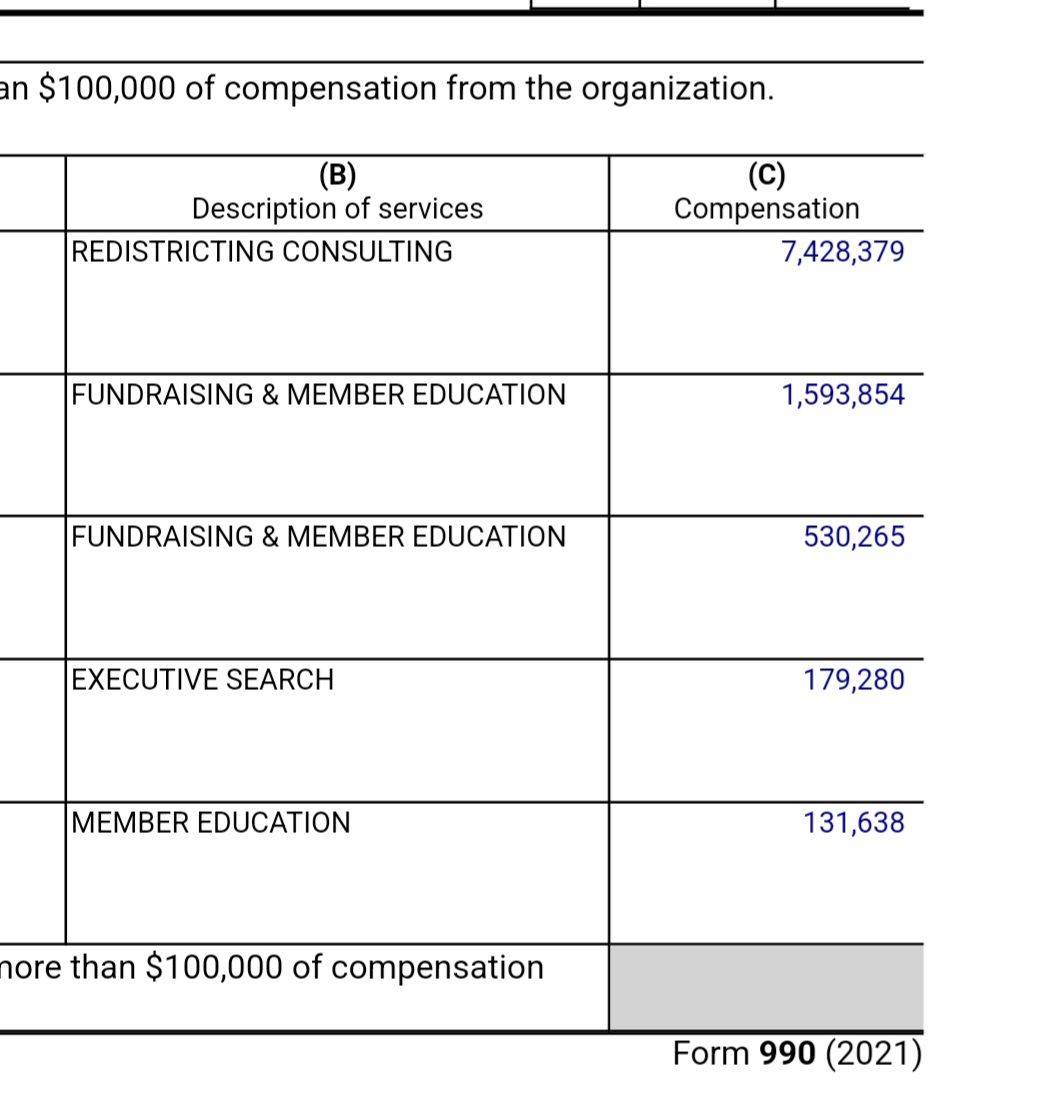When former president Joe Biden reallocated the USDA’s credit line to implement a Voluntary Carbon Market, and prioritized Climate-Smart Agricultural practices, the largest privately owned food conglomerates were subsidized with public funds for ideological outcomes—drastically reducing the funds available for rural development. As a result, domestic supply chains have contracted as the United States has become dependent upon foreign imports.

Under new leadership, and guided by DOGE, the Trump administration has begun cutting off the corporate welfare payments, promising to revamp not just agriculture, but also the science that guides regulations.
Junk Science
For far too long, special interests have weaponized science. Underneath the facade of everything from “cow farts” to bird flu, companies are dumping billions of dollars into new “scientific” models that justify increased regulations and a dependency on their trademarked technologies.
By exploiting the revolving-door that exists between regulatory agencies and multinational monopolies, corporate interests have helped create a regulatory landscape they alone can afford to navigate, then profit from.
For example, when the Union of Concerned Scientists issued a report that claimed Tyson was dumping animal protein into drinking water, the Environmental Protection Agency (EPA) responded with new wastewater effluent limitation guidelines that would have permanently closed up to 3,300 independent meat processing facilities nationwide.
Despite stated efforts to detect pathogens, the EPA merely found nitrogen downstream from Tyson plants. In an effort to mitigate this natural fertilizer, the EPA outlined a new method of adding chemical desiccates to turn nitrogen into a gas that could eventually be taxed in a cap-in-trade market.
Regardless of claims made about climate change, or its causes, there’s nothing scientific about special interests using regulatory intervention to create a new industry, new federal tax schemes, or advancing political agendas such as redistricting.

Concerningly, this “Problem – Reaction – Solution” model has become the status quo. That is, until now.
The Scientific Gold Standard
Across many of the nation’s leading academic institutions, research has been silenced, data withheld, and science politicized. However, with the Trump administration’s commitment to restoring the gold standard, experts are feeling optimistic.
Bernie Hansen and Steve Williams have poured everything they have into proving that cattle – like bison – are actually carbon neutral or negative when fed properly.
“When entire industries exist in a vacuum of biased data, the pressure to silence scientific debate becomes a matter of profit as well as policy,” Hansen shares. “Our goal is to break through this unethical pattern with the competition that comes naturally with technological advancements. We don’t need special favors, we just need a fair shot to prove our work.”
A sentiment that’s shared by Dr. Sabine Hazan. A respected researcher, Dr. Hazan has spent years in the laboratory mapping the human microbiome and correlating it to diseases. Noticing signals of microbiome alterations in many diseases, Hazan has demonstrated that all diseases begin in the gut.
While it may appear threatening to pharmaceutical companies, Hazan says her research could actually be the missing link that helps to coordinate improvement across many diseases—providing hope for sufferers of severe autism.
“Our data will show that autism, in the majority of cases, is linked to gut dysbiosis and can be corrected by refloralization of the microbiome or microbiota transplant,” Hazan said.
With HHS Secretary RFK Jr’s pledge of finding the causes of autism, Hazan is hopeful that her research will play an important role in reversing the current trajectory of autism rates.
With the return of scientific gold standards, curiosity, and ultimately innovation, “food is medicine” could soon become synonymous with advancements in ecological sustainability.





0 Comments